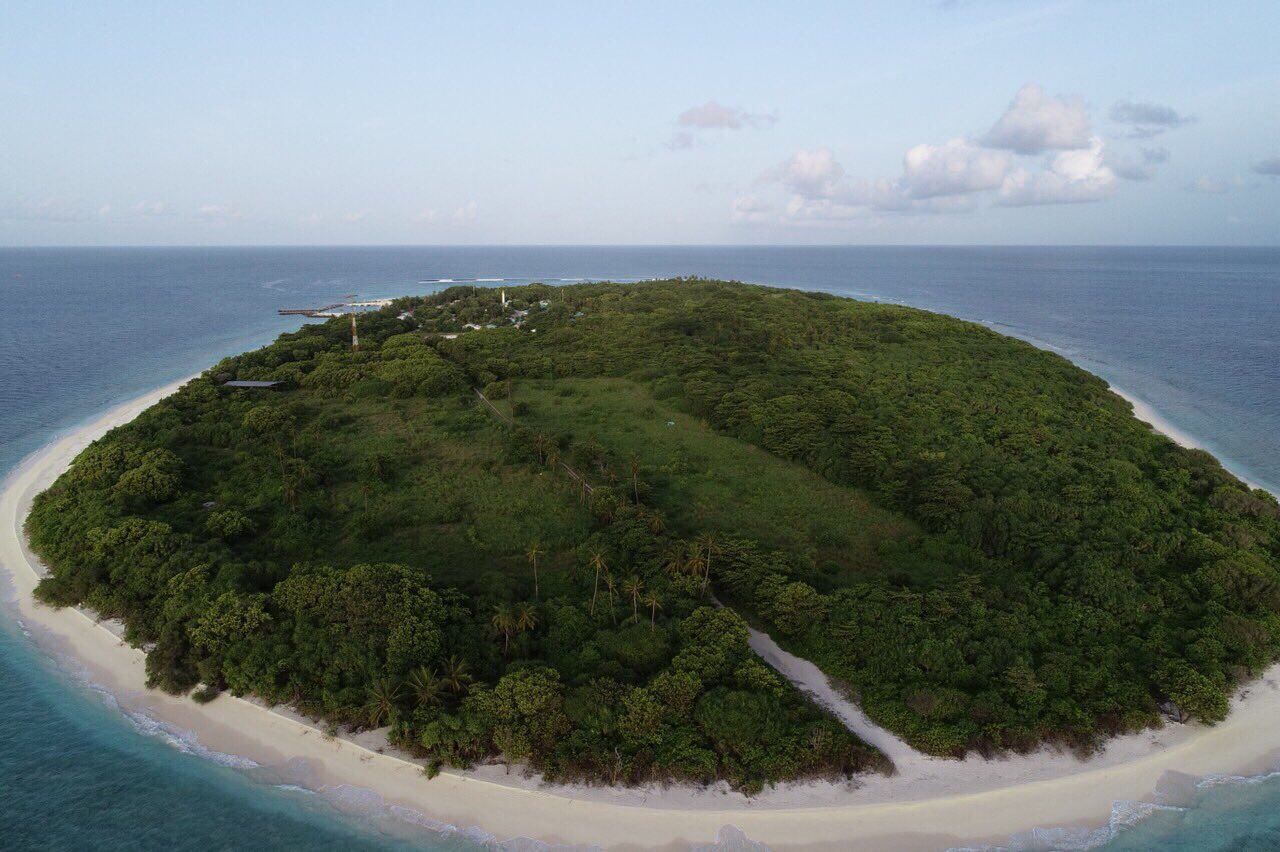Fainu islanders skeptical of environmental impact assessment
A group of Islanders have been lobbying against an airport project.

13 Nov 2018, 09:00
Islanders of Fainu who have been lobbying against a proposed airport have raised doubts about the environmental impact assessment conducted for the project.
Mohamed Waheed, an activist leading the #SaveFainu campaign, told the Maldives Independent the EIA report prepared by an independent consultant group was affected by a biased council and that its tree count was inaccurate.
“The consultants were escorted by the council to meet only with people who approved the airport plans, not the island community,” he alleged. “The council is very biased and acted according to the wishes of Defence Minister [Adam] Shareef, who is a relative of all the council members.”
Waheed said most Fainu islanders want a proper, unbiased report by an independent consultant, a call echoed by the environmental group Bluepeace.
Become a member
Get full access to our archive and personalise your experience.
Already a member?
Discussion
No comments yet. Be the first to share your thoughts!
No comments yet. Be the first to join the conversation!
Join the Conversation
Sign in to share your thoughts under an alias and take part in the discussion. Independent journalism thrives on open, respectful debate — your voice matters.




